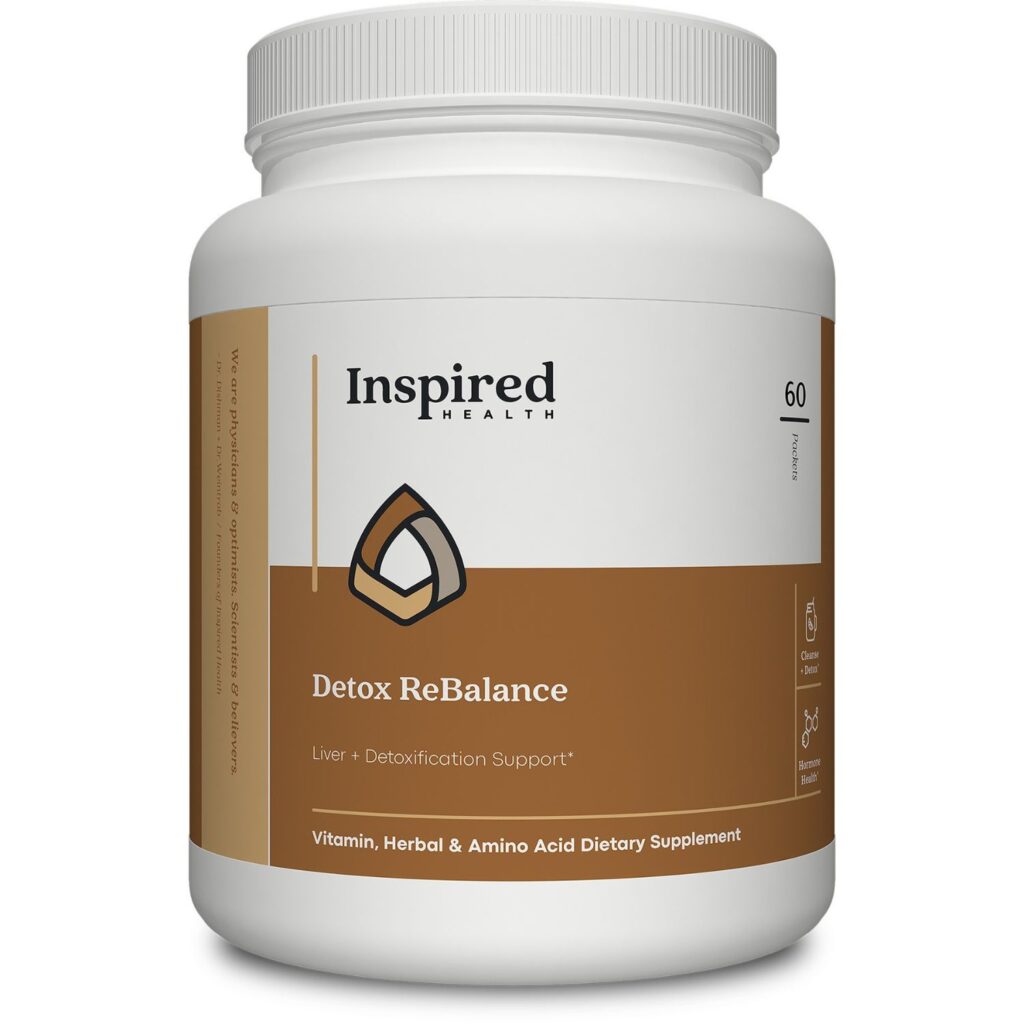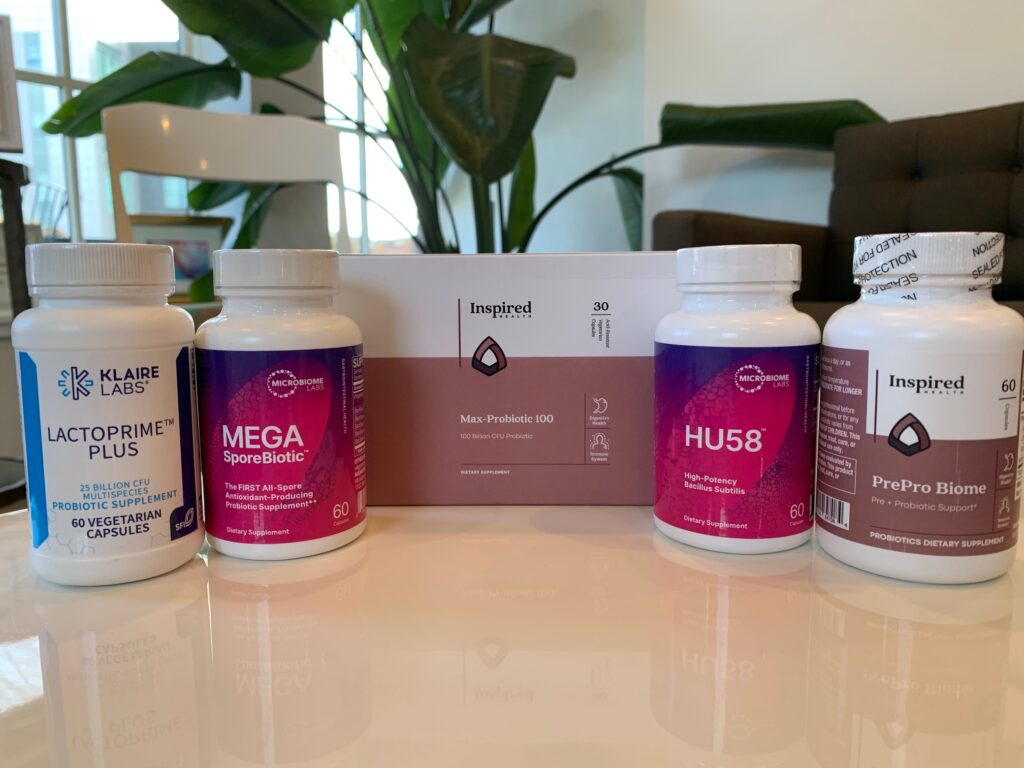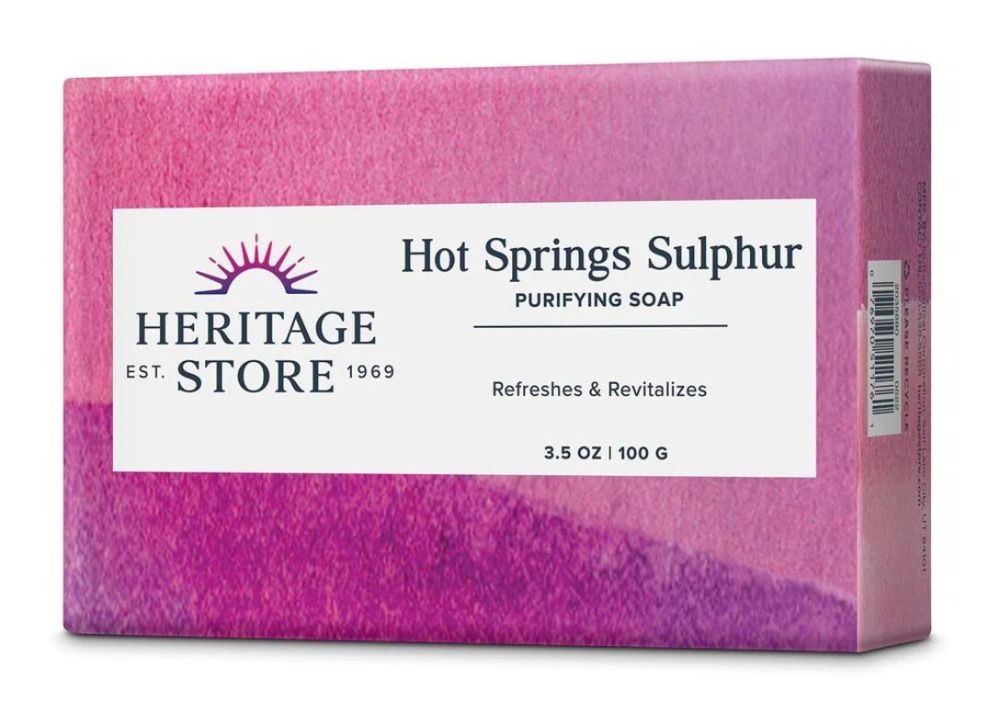Acne is a common skin condition that affects millions of people worldwide. While hormonal changes, diet, and other inflammatory factors play a significant role, we know that gut health also contributes to the development of acne.
The gut, often referred to as the “second brain,” houses trillions of bacteria known as the gut microbiota, about 3-5 pounds of good gut bacteria! These bacteria help in digestion, nutrient absorption, and immune system regulation. When the balance of these bacteria is disrupted, it can lead to various health issues – including acne. Given our skin is our largest organ and first-line defense against harmful substances- we should pay attention when there are issues.
How Does Gut Health Impact Acne?
Inflammation: Imbalances in the gut microbiota can trigger chronic inflammation throughout the body, including the skin. Inflammation plays a crucial role in the development of acne by increasing sebum (oil) production, clogging pores, and promoting the growth of acne-causing bacteria.
Leaky Gut: A compromised gut barrier allows harmful substances to leak into the bloodstream. These toxins can trigger an immune response, leading to inflammation and skin issues like acne. There are Functional Labs that test for leaky gut and if found, an individualized treatment plan is helpful to get you on the road to healing.
Hormonal Balance: The gut microbiota and liver metabolize hormones, including those involved in acne development, such as testosterone and estrogen. An imbalance in gut bacteria and liver detoxification can affect hormone regulation and contribute to acne flare-ups. Hormone testing is also beneficial to help get you balanced if needed. Detox Rebalance integrates four complementary formulas that work together to help support liver detoxication.

Nutrient Absorption: A healthy gut is essential for proper nutrient absorption. Inadequate absorption of key nutrients like zinc, vitamin A, and omega-3 fatty acids can impair skin health and contribute to acne. The Daily Essentials are a wonderful option to get the high-quality support you need.
Ways to Improve Gut Health to Help Manage Acne
Probiotics! Consuming probiotic-rich foods or taking probiotic supplements can help restore the balance of gut bacteria. Probiotics introduce beneficial bacteria into the gut, which promotes a healthy microbiota and reduces inflammation.

Fiber-Rich Diet: A diet high in fiber supports healthy gut function and promotes the growth of beneficial bacteria. Include organic fruits, vegetables, whole grains, and legumes in your diet to increase fiber intake.
Avoid Trigger Foods: Certain foods can worsen gut health and trigger acne flare-ups. Limit or avoid processed foods, sugar, refined carbohydrates, and dairy products, as they can disrupt gut bacteria and promote inflammation. Functional lab testing to help identify unknown trigger foods is especially helpful and something we utilize and evaluate here at Inspired Health.
Manage Stress: Chronic stress can affect gut health and aggravate acne. Incorporate stress management techniques like exercise, meditation, and adequate sleep into your routine to support a healthy gut and clear skin.
Topical Support: Hot Springs Sulphur Soap, with ingredients like Colloidal Silver to clarify pores, and Warming Mustard Powder to invigorate cellular circulation. Provides gentle support from the outside.


Want more Inspired tips?
Be sure to follow us on Instagram, Facebook, and Pinterest.
Also, sign up for our newsletter!
Visit us in-person at Inspired Health, or schedule a TeleHealth appointment!
References
[1] “Acne vulgaris, probiotics and the gut-brain-skin-axis- back to the future?” 2011.
[2] “Potential role of the microbiome in acne: a comprehensive review.” 2019.
[3] “Oxidative stress and metabolic syndrome in acne vulgaris…” 2023.






